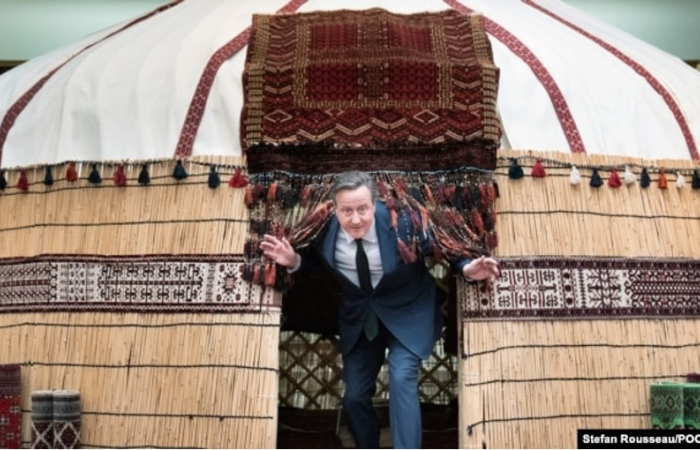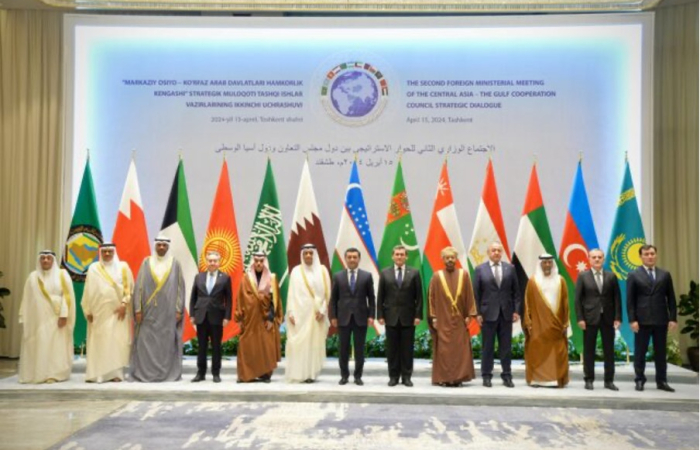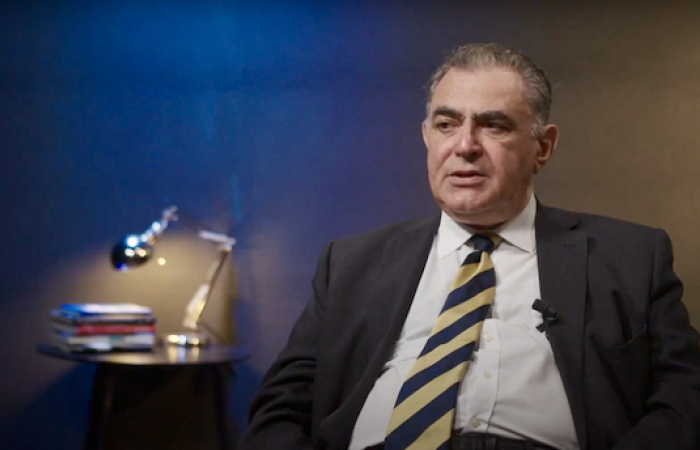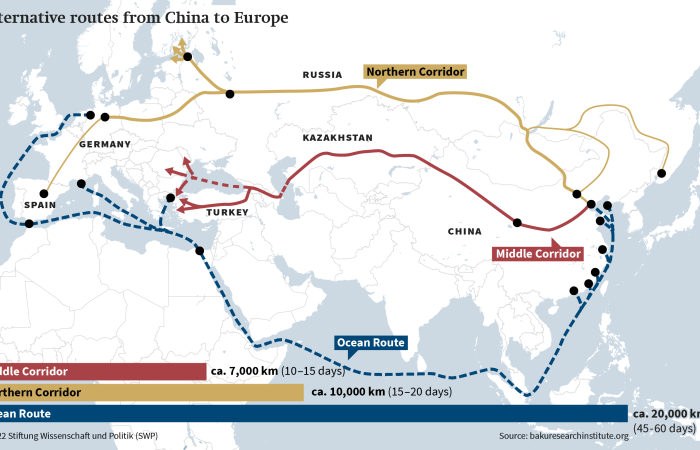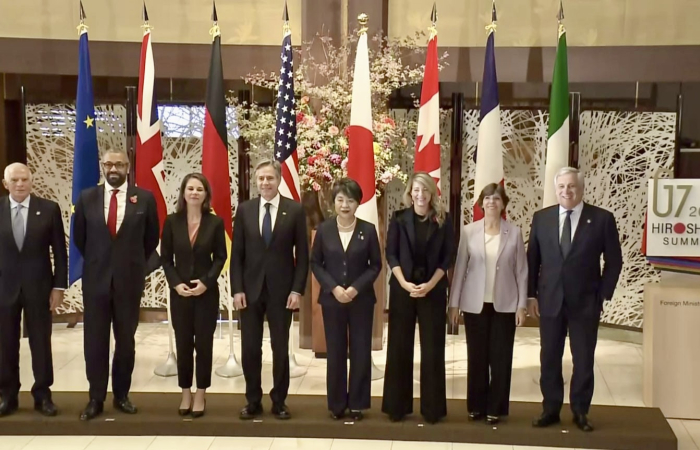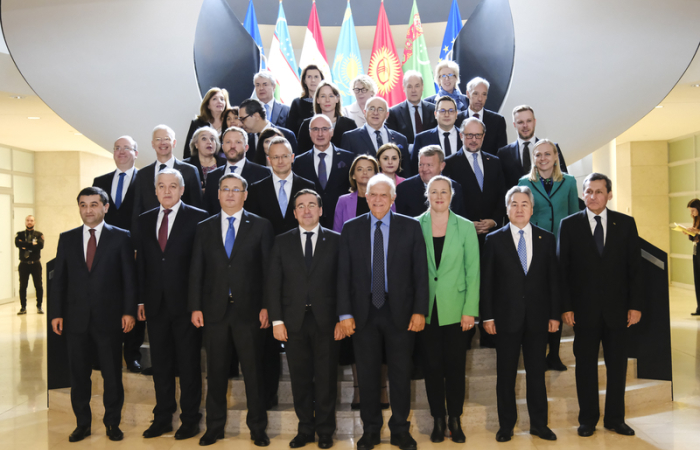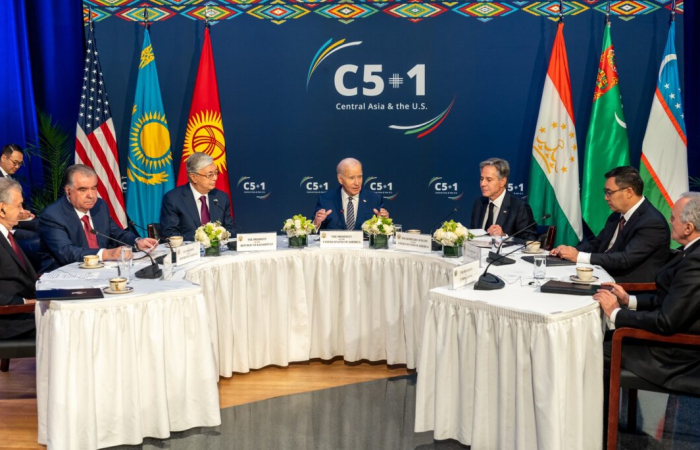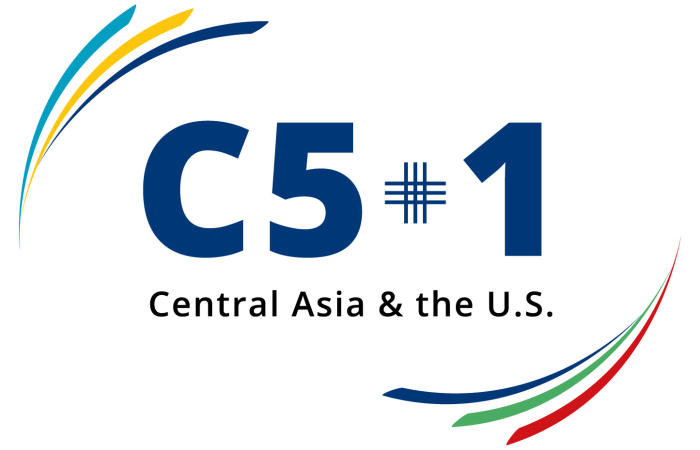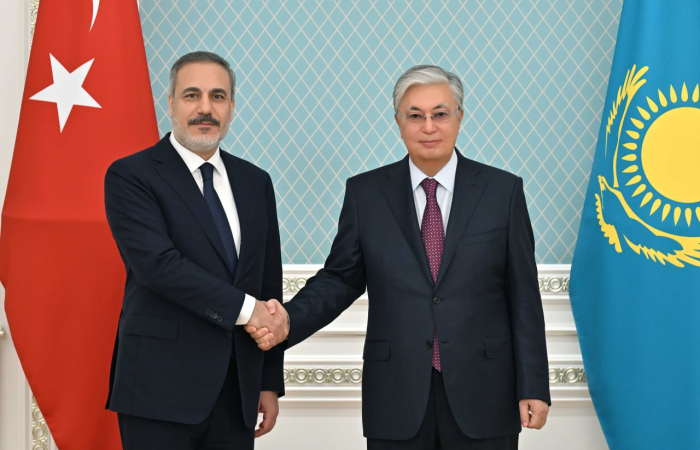Editor's choice
This is a members’ functionality. Please
Sign upNews
Trending
G7 foreign ministers address global issues at their meeting in Tokyo
8 November 2023
The G7 Foreign Ministers, representing Canada, France, Germany, Italy, Japan, the United Kingdom, the United States, and the High Representative of the European Union, concluded their two-day meeting in Tokyo on Wednesday (8 November), with a statement touching on a number of ongoing global crises.
Winding up their meeting at the Iikura Guest House on 7-8 November under Japan's G7 Presidency, the ministers called for humanitarian pauses in the Israel-Hamas war to allow in aid and help the release of hostages and sought a return to a "broader peace process", as Israeli forces continue to strike the Gaza Strip. In the joint statement they said that Israel had the right to defend itself, while underscoring the need to protect civilians and to comply with international humanitarian law.
On Russia's invasion of Ukraine, the Ministers said:
Our steadfast commitment to supporting Ukraine’s fight for its independence, sovereignty, and territorial integrity will never waver. We continue to condemn in the strongest possible terms Russia’s ongoing aggression, and we commit to standing by Ukraine for as long as it takes, while increasing economic pressure and imposing robust sanctions and other restrictions against Russia. A just and lasting peace cannot be realized without the immediate, complete, and unconditional withdrawal of Russia’s troops and military equipment from the internationally recognized territory of Ukraine. The statement also made reference to the situation in Central Asia and the South Caucasus. In their concluding statement, the ministers expressed unwavering support for the sovereignty and territorial integrity of Central Asian nations. "We remain resolved to support the sovereignty, independence, and territorial integrity of Central Asian countries," the statement read. On the South Caucasus the statement said:
"We are gravely concerned over the humanitarian consequences of the displacement of Armenians from Nagorno-Karabakh after the military operation conducted by Azerbaijan. We urge Azerbaijan to fully comply with its obligations under international humanitarian law and welcome international efforts to address urgent humanitarian needs for those who have been displaced. We underline our support for advancing a sustainable and lasting peace between Armenia and Azerbaijan based on the principles of non-use of force, respect for sovereignty, the inviolability of borders, and territorial integrity."



